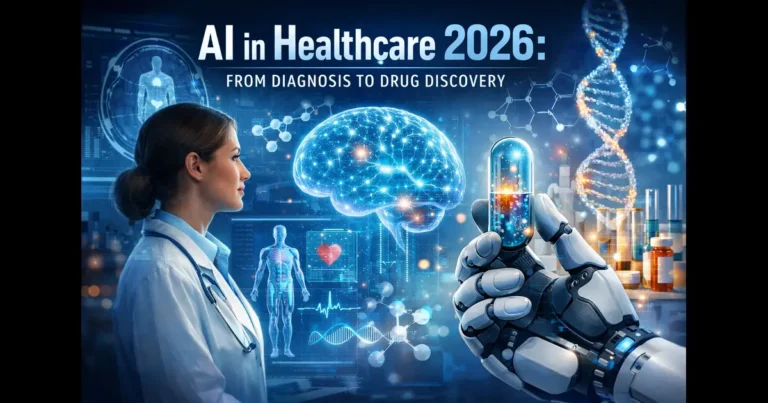
While AI may increase productivity and create new jobs, concerns remain about its impact on employment prospects.
The use of artificial intelligence (AI) has the potential to replace almost 300 million full-time jobs, according to a recent analysis by Goldman Sachs. According to the paper, AI in the US and Europe has the ability to automate up to 25% of labour functions while also creating new job possibilities and increasing the annual value of products and services globally by 7%.
The report emphasizes the significant breakthrough of generative AI, which has the ability to produce content that is nearly impossible to differentiate from that of humans. Meanwhile, the UK government is encouraging investment in AI as a strategy to improve overall productivity in the economy. Nevertheless, worries persist about the effects of AI on employment opportunities.
Impact of AI on different sectors
The report notes that AI’s impact will vary across different sectors, with the legal and administrative professions being particularly susceptible to automation. As per the report, there is a possibility of automating 46% of tasks in administrative and 44% in legal professions. However, only 6% of tasks in construction and 4% in maintenance are likely to be automated.
Experts suggest that generative AI could drive down wages in some sectors, as it allows more people with average writing skills to produce essays and articles. The report highlights the likelihood of increased competition for journalists, which may result in reduced wages unless there is a substantial growth in demand for such work.
Long-term impact of AI
While the report suggests that AI could reduce employment in the near term, the long-term impact of AI is highly uncertain. Chief executive of the Resolution Foundation think tank Torsten Bell has suggested that all firm predictions should be taken with a large pinch of salt. Bell points out that the evolution of technology and the incorporation of AI into businesses is uncertain, and it remains unknown how these factors will shape the future.
Bell highlights that while AI may disrupt the way we work, we should also focus on the potential living-standards gains from higher-productivity work and cheaper-to-run services. There is also a risk of falling behind if other firms and economies better adapt to technological change.
Conclusion
While the impact of AI on employment prospects remains uncertain, the report suggests that it is important to focus on both the potential risks and benefits of AI. While AI could replace jobs in some sectors, it may also create new jobs and increase productivity. As such, it is important to continue investing in AI while also ensuring that it complements the way we work rather than disrupts it.







